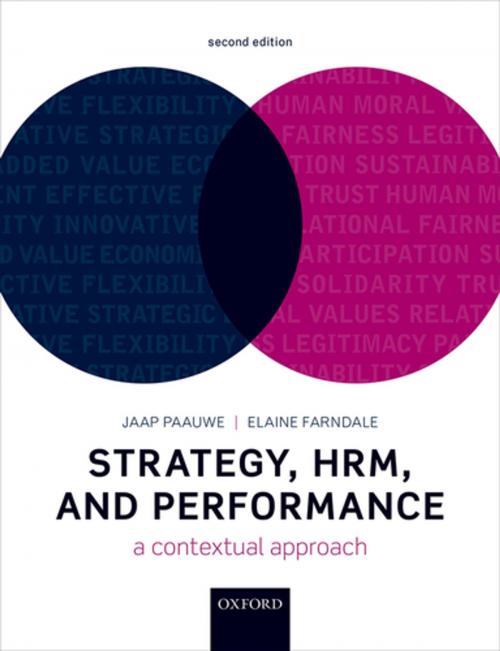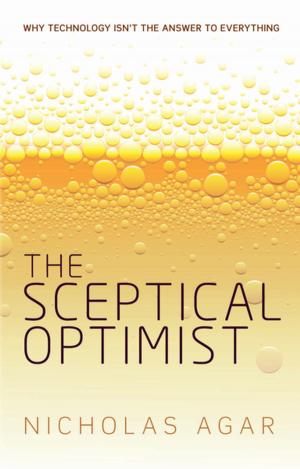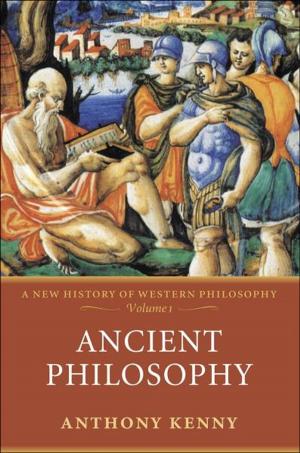Strategy, HRM, and Performance
A Contextual Approach
Business & Finance, Human Resources & Personnel Management, Organizational Behavior| Author: | Elaine Farndale, Jaap Paauwe | ISBN: | 9780192536006 |
| Publisher: | OUP Oxford | Publication: | November 10, 2017 |
| Imprint: | OUP Oxford | Language: | English |
| Author: | Elaine Farndale, Jaap Paauwe |
| ISBN: | 9780192536006 |
| Publisher: | OUP Oxford |
| Publication: | November 10, 2017 |
| Imprint: | OUP Oxford |
| Language: | English |
The book expounds the macro-level relationship between strategy, HRM, and performance, addressing important challenges that have constrained research and practice to date. Adopting a critical perspective, the first challenge is a narrow definition of 'performance' that has been largely driven by a managerialist, profit motive, with little regard for the human element. This book proposes adopting a more balanced approach towards measuring performance, encompassing both organizational financial performance as well as employee well-being. The second challenge is that HRM has largely been considered a universalistic phenomenon, rather than needing to be understood in the context in which an organization is operating. The book puts forward the argument for a more context-centric perspective, culminating in the development of the Contextual Strategic Human Resource Management Framework. The book emphasizes the importance of strategy, alignment, context, the role of actors, and a holistic conceptualisation of performance. Embedded in all chapters is a focus on achieving an appropriate balance between options, rather than providing a universalistic solution to all human resource management challenges.
The book expounds the macro-level relationship between strategy, HRM, and performance, addressing important challenges that have constrained research and practice to date. Adopting a critical perspective, the first challenge is a narrow definition of 'performance' that has been largely driven by a managerialist, profit motive, with little regard for the human element. This book proposes adopting a more balanced approach towards measuring performance, encompassing both organizational financial performance as well as employee well-being. The second challenge is that HRM has largely been considered a universalistic phenomenon, rather than needing to be understood in the context in which an organization is operating. The book puts forward the argument for a more context-centric perspective, culminating in the development of the Contextual Strategic Human Resource Management Framework. The book emphasizes the importance of strategy, alignment, context, the role of actors, and a holistic conceptualisation of performance. Embedded in all chapters is a focus on achieving an appropriate balance between options, rather than providing a universalistic solution to all human resource management challenges.















